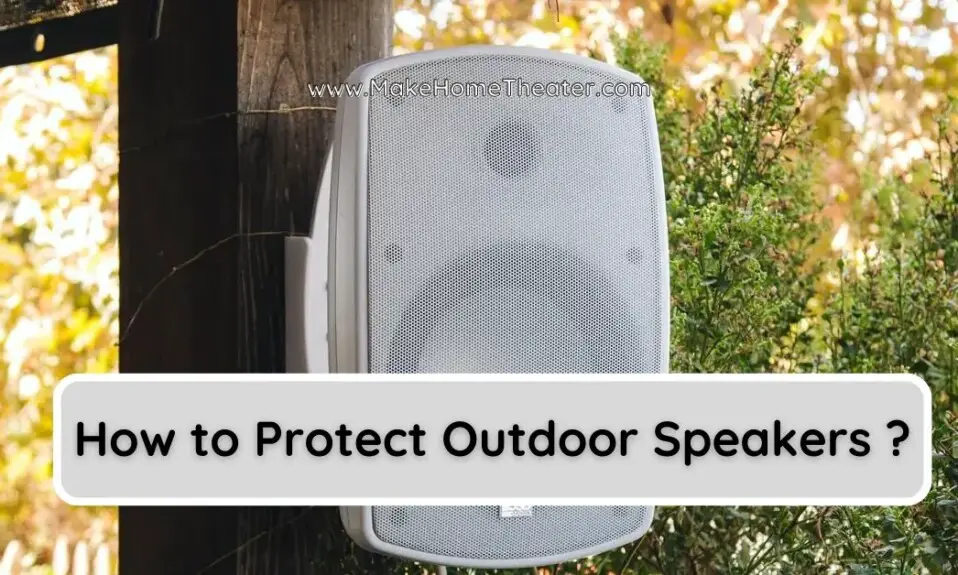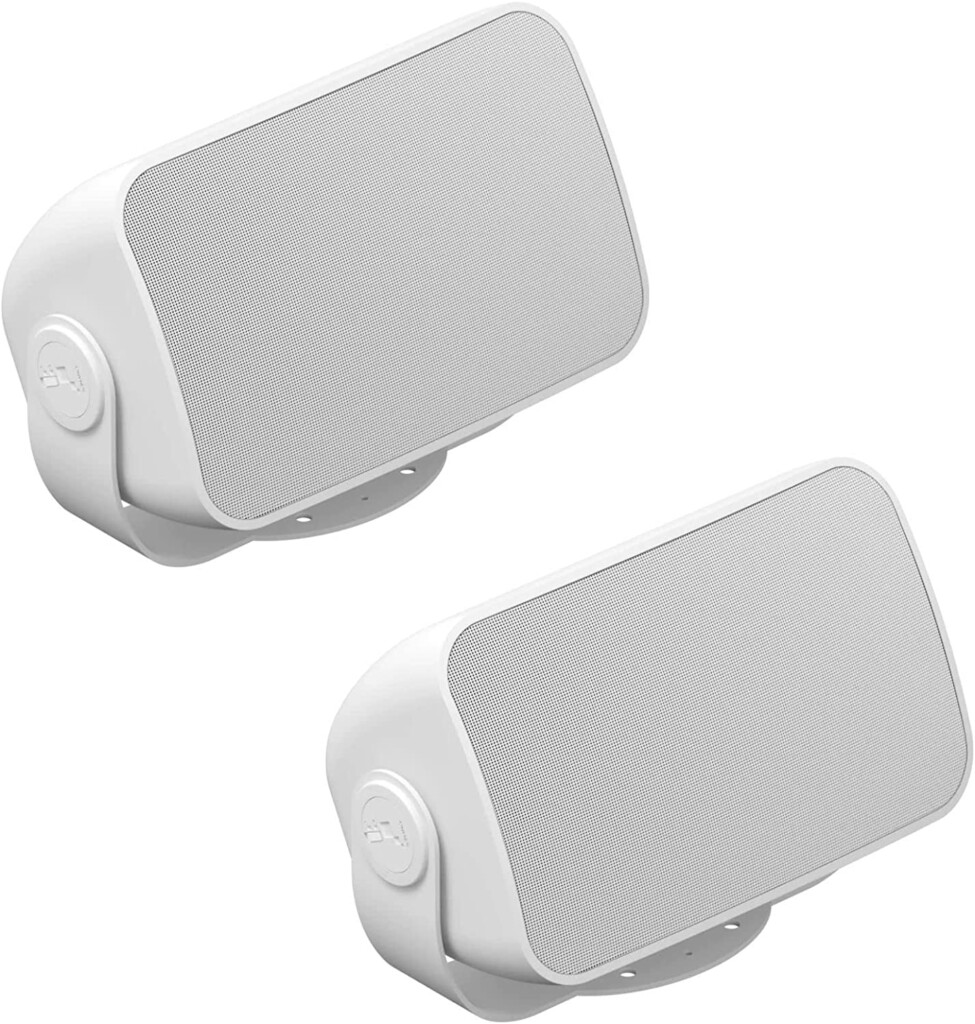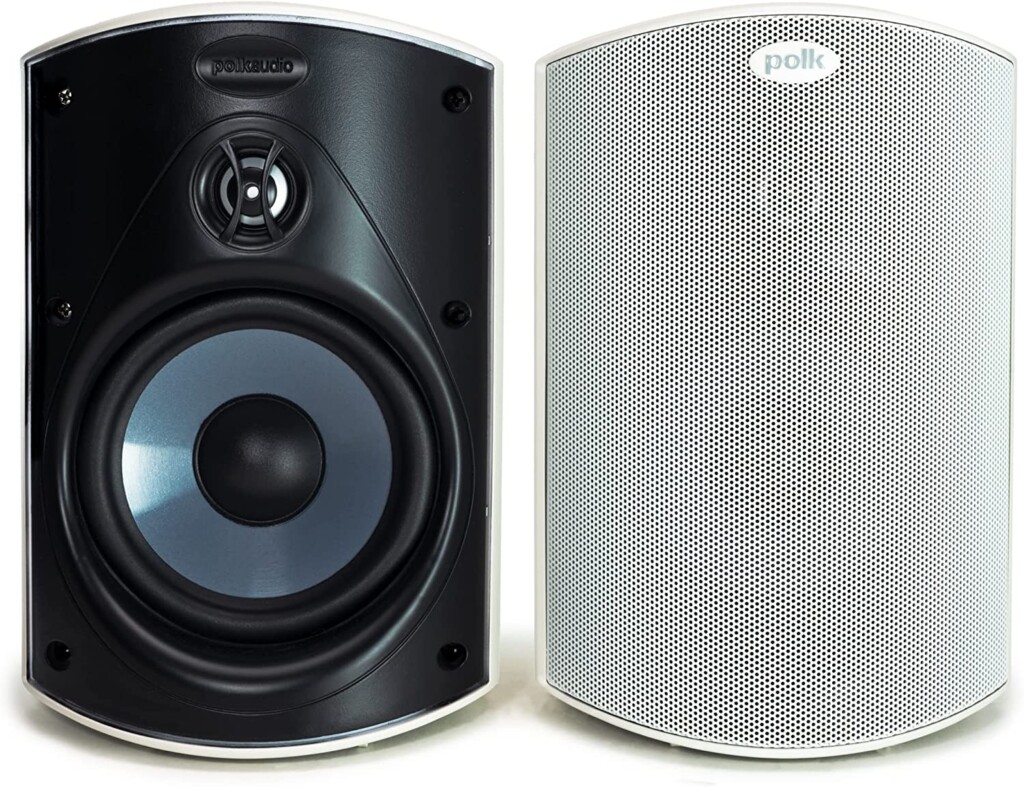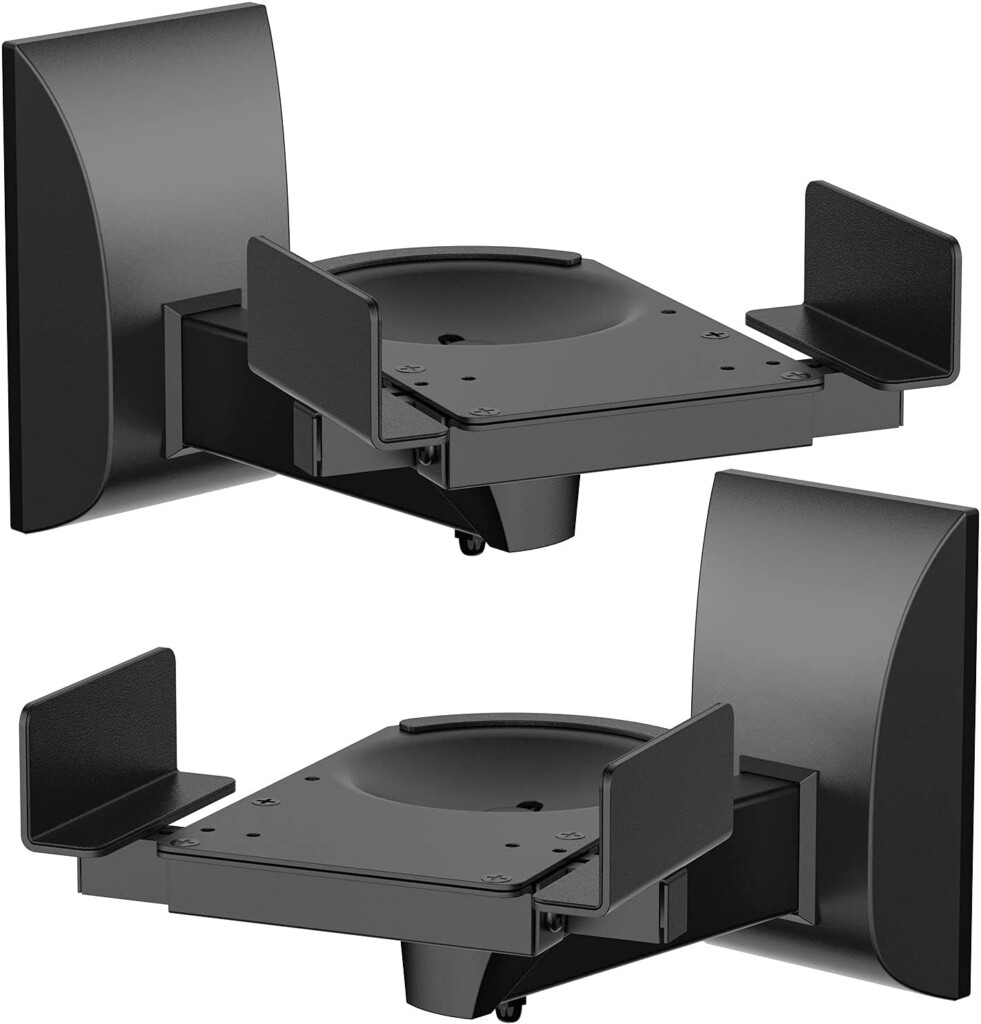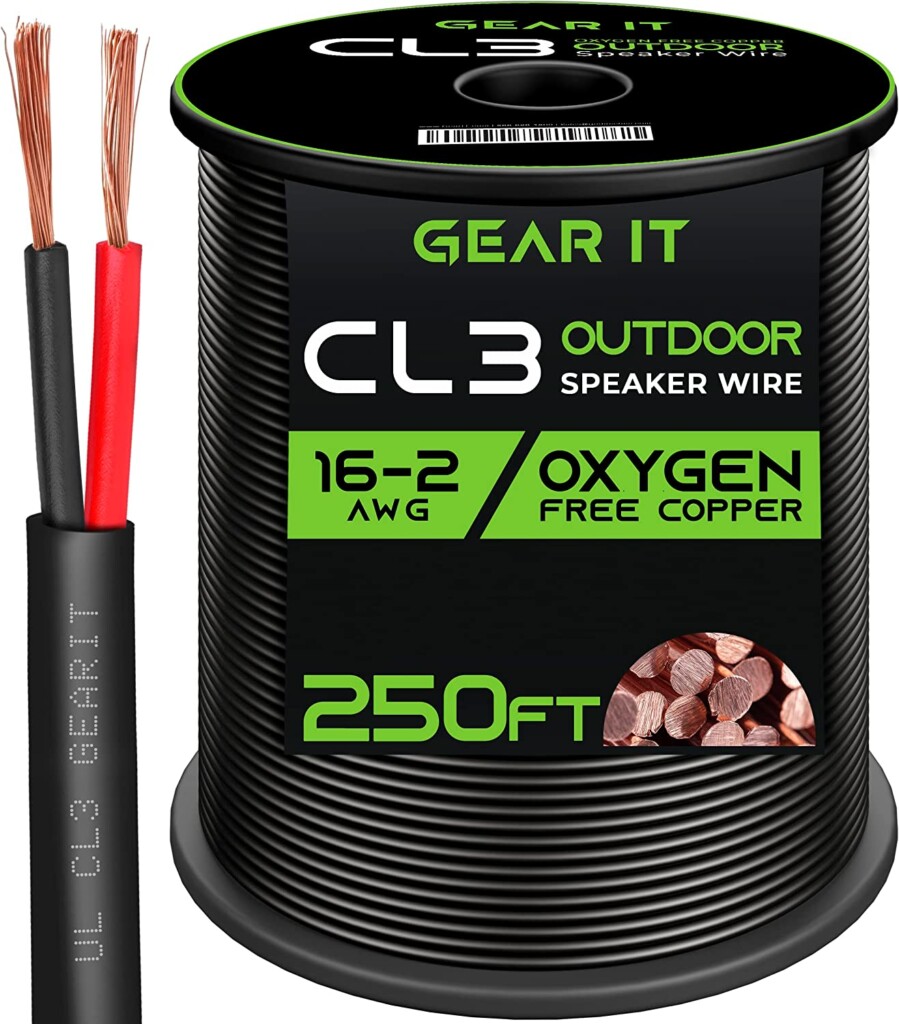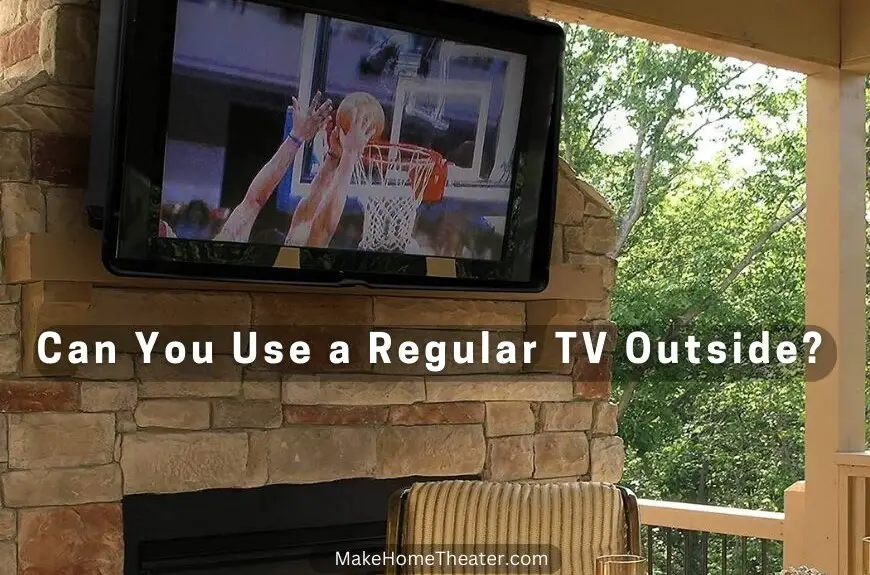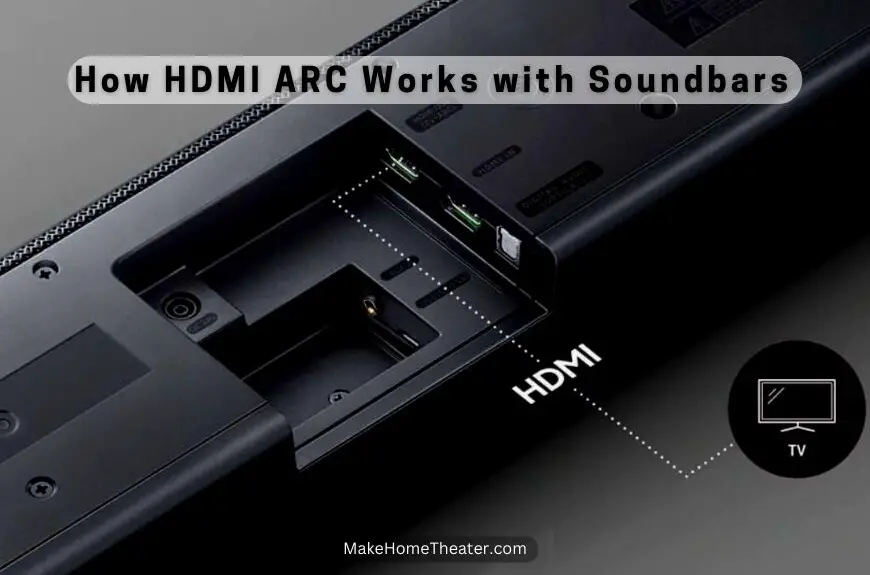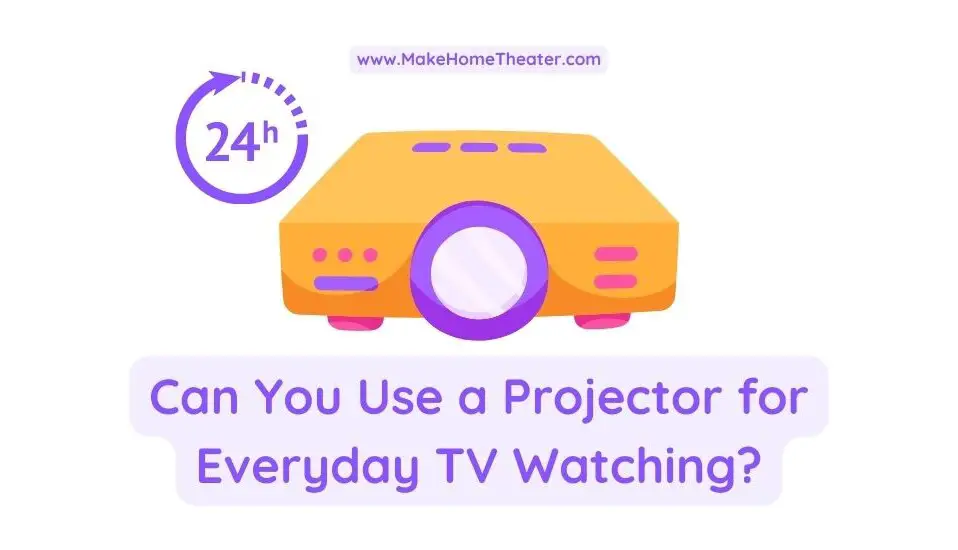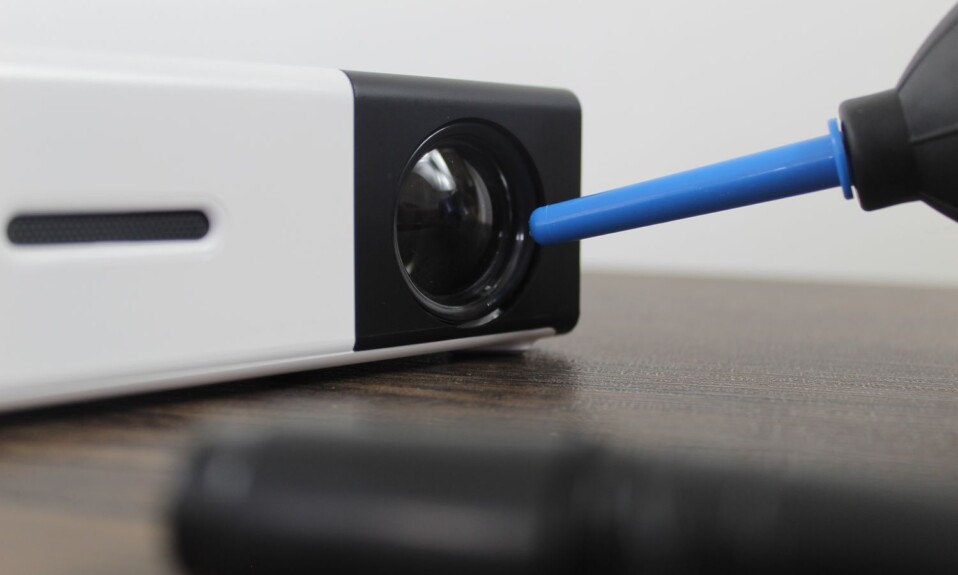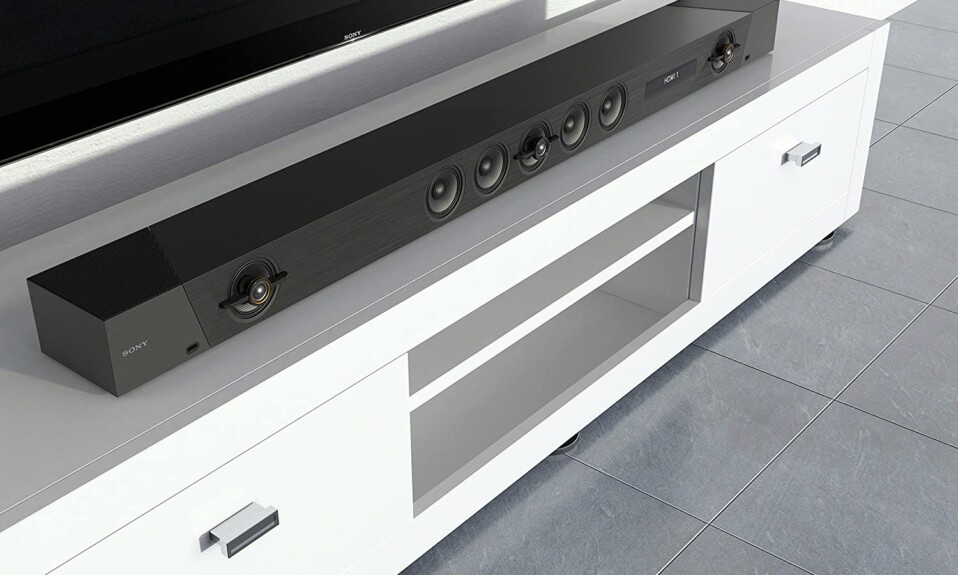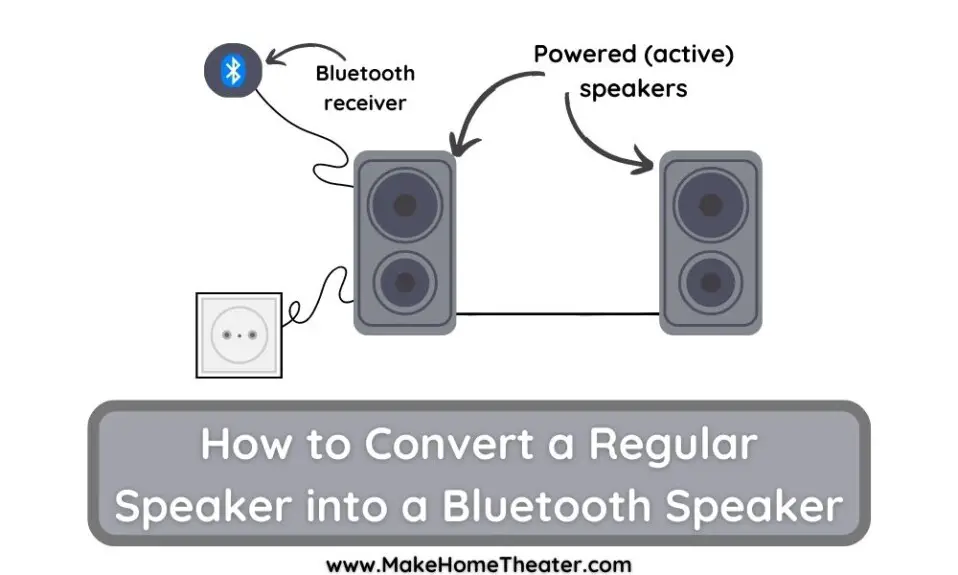Outdoor speakers can add a lot to your outdoor living space. But, just like any other equipment, they require proper maintenance and protection to ensure they last. Here are some tips to keep in mind to protect outdoor speakers:
Firstly, to protect your speakers from the elements, make sure to keep them away from direct sunlight and water. Additionally, during bad weather or when it is not practical to bring them inside, use covers to protect them from damage.
Secondly, it’s important to check the mount hardware and wiring regularly. This will ensure that the speakers are securely mounted and that the wiring is in good condition.
Lastly, regular cleaning of the speakers is crucial to prevent build-up of dirt or grime which can affect the sound quality.
By following these simple tips, protecting your outdoor speakers can be easy and straightforward. Even if you use indoor speakers outside, these tips will help prolong their life and performance.
Table of Contents
Do Outdoor Speakers Require Maintenance?
Indoor speakers are often simple to set up and use, and you may not think that they require much maintenance. However, outdoor speakers are a different story. The outdoor environment can be tough on them, and they require more attention to keep them in good working condition.
Mid-range outdoor speakers, like the Polk Audio Atrium Outdoor Speakers, are already pretty expensive. And high-end outdoor speakers, like the Sonos Outdoor Architectural Speakers, can be extremely costly. This makes it all the more important to think about maintenance and protection for your outdoor audio equipment. Not only will this help keep them in good working condition, but it will also save you from having to replace them prematurely, which can be very costly.
As we have already discussed about protecting outdoor Televisions, it’s important to protect your outdoor audio equipment to the same level.
Shield from Outdoor Elements
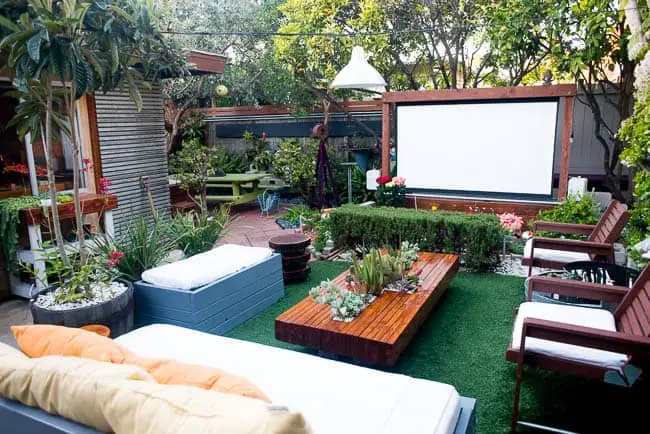
Not all outdoor speakers are waterproof, so it’s important to check if yours are. If they are not, there are some steps you need to take to protect them from the elements.
Firstly, you want to ensure that the speakers are protected from direct sunlight. This means mounting them under eaves or in a similarly shady spot. This will provide some protection, especially from the sun, which can damage the cones.
Secondly, cold weather can also be tough on outdoor speakers. While it’s always best to bring them inside during cold weather, that’s not always possible or practical. A trick that professionals use is to cover the speakers with plastic bags or containers during cold weather. This provides some protection from rain, sleet, snow, and high humidity, but the temperature shift may still lead to complications.
Finally, turn your speakers off during bad weather. If it’s snowing outside and you’re indoors, there’s no reason to have electricity flowing. It only presents a risk to the speakers.
Look for Water in the Vicinity
Listening to music by the pool on a hot day is a great way to relax and enjoy the summer. Outdoor speakers are a great addition to any pool area, but even if they are waterproof, you still want to keep them protected from splashes.
Not all pools are designed to have speakers mounted nearby, but there are ways to keep them close and protected. If there is a dry, shady area near the pool, consider placing the speakers there. Another option is to mount them on an exterior house wall if it’s close to the pool. The main goal is to find a spot where you can enjoy your music without worrying about the speakers getting wet.
Perform Regular Check-ups on Mounting Equipment
Regularly checking the mounts and brackets of your speakers is an important part of good speaker maintenance. Even if the speakers are mounted inside, the mounts or brackets can weaken over time. The hardware holding them in place may also start to slip. This can lead to your speakers falling to the floor and in most cases, requires buying a new set of speakers.
If the brackets or mounts of your speakers are loose, check the hardware. Make sure the screws are not loose or stripped and are securely in place. If the wall surface is weak, you may need to move the speakers to a more stable location. If the screws are loose, simply retighten them. Also, ensure the mounts are stable and not corroded.
Shield Outdoor Speaker Cabling
Routinely checking outside speaker wires for weak spots is important. These can occur due to weather, animals, lawnmowers, and people tripping over them. Even though it’s always advisable to keep speaker wires out of the way and protected, wear and tear will still happen.
An inexpensive way to protect exposed speaker wires is to run them through PVC piping. If you’re able to bury the wires, this will add another layer of protection. Whether the PVC pipe is exposed or buried, you’ll want to seal the pipe to prevent bugs, debris, and moisture from getting in. Silicone bead works best.
Before burying speaker wires or cables, make sure that they are rated for burial. This generally applies to indoor speakers, but it’s always best to check first. Burying wires and cables not only adds protection from outdoor critters and the elements, but it’s also a safety precaution. It protects the wires from wear and tear, like people tripping over them.
Saltwater from pools or the ocean also poses a threat to outdoor speaker wires. To protect against corrosion, the wires should be sealed with silicone caulking materials. Even after taking all of these preventive steps, you still want to regularly check the wires and cables.
Maintain the Cleanliness of the Speakers
Cleaning your outdoor speakers involves more than just brushing leaves off the surface. The interior of the speakers may need to be cleaned at least once or twice a year, depending on the location. For example, a humid or dusty environment will often require cleaning more often. This is also a good time to inspect wired speakers.
Start by cleaning debris out of the grille. Some speakers are designed so you can open the casing, making it easy to check the interior for debris. If the casing doesn’t open, don’t force it. You can still clean out larger debris through the grille. Don’t shake the speaker to try and get debris out.
Sealed outdoor speakers are usually waterproof. If you force the casing open, the watertight seal will break. Instead of routine cleaning, you’ll be performing preventative maintenance. Regularly get rid of leaves, spider webs, and other debris from the grille. Clean the area around the speakers to help keep debris from getting inside.
Even non-waterproof speakers need to be washed off occasionally. A low-pressure hose can be used to rinse off both types of outdoor speakers, but be careful not to spray directly into the seal, acoustic ports, or grille. Clean water is usually enough to get the exterior looking like new. If there’s stubborn dirt, a mild detergent can be safely used.
Read Also: Outdoor TV vs Outdoor TV Cabinet
Related Q&A

What can I do to protect my outdoor speakers from the elements?
- Covering the speakers with a waterproof cover or placing them in a protected area, such as under a patio or overhang, can help protect them from rain, snow, and other weather conditions.
How can I protect my outdoor speakers from UV rays?
- Using a UV-resistant speaker cover or placing the speakers in a shaded area can help protect them from the damaging effects of UV rays.
Can I paint my outdoor speakers to protect them?
- Painting outdoor speakers is not recommended as it can block the sound and cause damage to the speakers.
How can I protect my outdoor speakers from extreme temperatures?
- Placing the speakers in a protected area, such as under a patio or overhang, can help protect them from extreme temperatures.
Can I use a waterproof cover on my outdoor speakers in the winter?
- Yes, using a waterproof cover can help protect your outdoor speakers from snow and other winter weather conditions.
Is it necessary to bring my outdoor speakers inside during a storm?
- It is not necessary to bring your outdoor speakers inside during a storm, but it is recommended to protect them with a waterproof cover or place them in a protected area.
Can outdoor speakers be damaged by salt air?
- Yes, outdoor speakers can be damaged by salt air, especially if they are not protected with a waterproof cover or placed in a protected area.
How can I protect my outdoor speakers from insects and other pests?
- Keeping your outdoor speakers clean and free of debris can help prevent insects and other pests from nesting in or around them.
How can I protect my outdoor speakers from theft?
- Securing outdoor speakers with a locking mechanism or installing them in a hard-to-reach location can help protect them from theft.
Are there any other ways to protect my outdoor speakers?
- Yes, regular cleaning and maintenance, as well as using a UV-resistant cover, can also help protect outdoor speakers from damage.
Final Words
Protecting your outdoor speakers doesn’t have to be a time-consuming task if you keep up with it. This is especially true for waterproof speakers since you can’t open the casing. If you’re not sure if your outdoor speakers are waterproof, the manufacturer will be able to answer that question.
Along with inspections and routine cleaning, remember to consider the environment the speakers are in. Make sure the speakers aren’t in direct sunlight or near water where they could get wet. Also, ensure that the speakers are not exposed to extreme cold.
By following these simple steps, you can protect your outdoor speakers and enjoy them for years to come.


